Journeys of Hope
Amid the growing anti-immigrant rhetoric in Europe, scholars, activists and former refugees are speaking up against commonly held beliefs that refugees pose a security threat and economic burden on host countries. Tan Dawn Wei meets two refugees who made a new life in Britain and are now leading the way in helping other migrants.
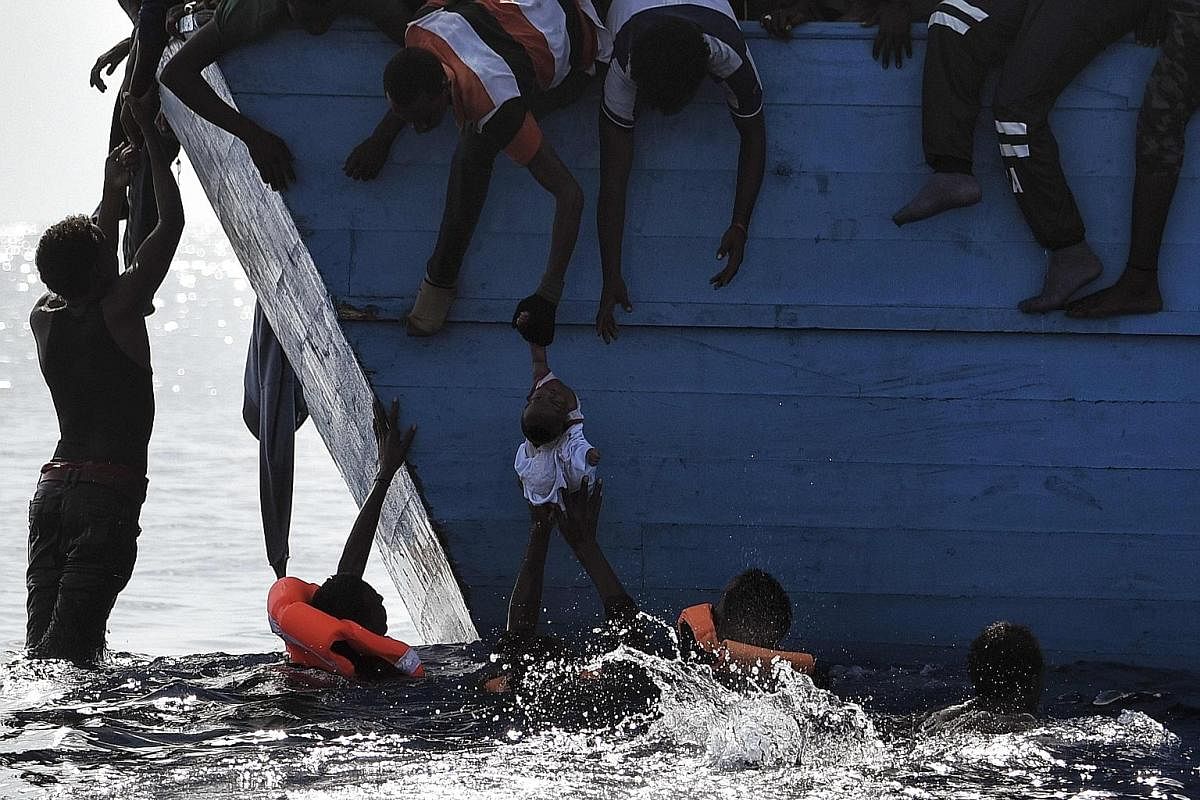
From child refugee to Undergraduate of the Year
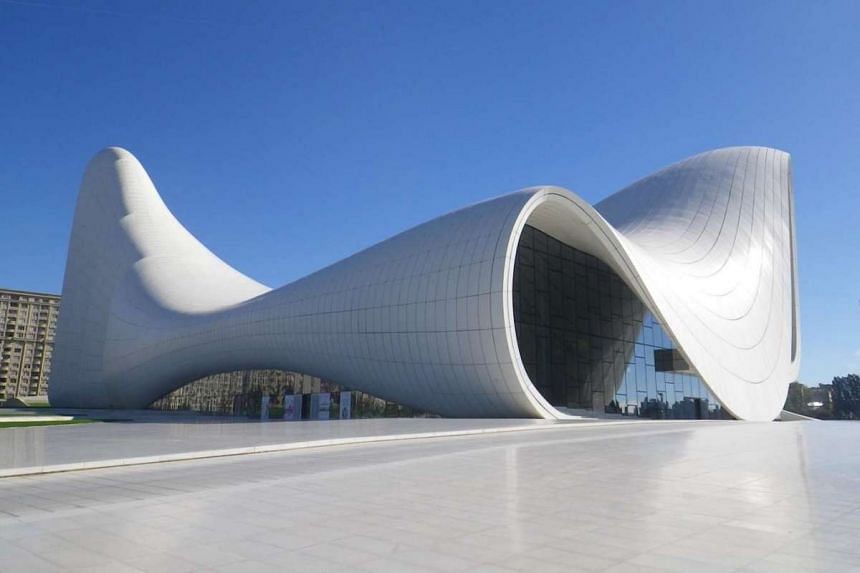
LONDON • When Mr Gulwali Passarlay was just 12, his mother let a human trafficker take him and his older brother away, on an uncertain journey that she hoped would save his life.
If he had stayed on in Nangarhar in eastern Afghanistan, his fate, and that of his brother, would have been a certain one - fight for the Taleban in its "holy war", or die.
His father, a doctor, had been killed by United States forces after they invaded Afghanistan in 2001 and the Afghan government was eyeing the brothers to be its informants.
Mr Passarlay and his brother Hazrat were immediately separated by the traffickers. The younger boy spent the next year crossing eight countries in all manner of transport, making a treacherous journey to Britain alone.
In that one year in 2006, he survived sleeping in a chicken coop, being tortured in an Istanbul jail, and jumping from a speeding train in Bulgaria, nearly breaking his legs.
The worst part of the journey was a perilous crossing from Turkey to Greece across the Mediterranean Sea. Crammed in a boat built for 20 with 120 other migrants, he spent the next 50 hours drifting at sea, with no food or water. By the time they were rescued, the boat was sinking.
"We should have safer routes for people to come and claim asylum," said Mr Passarlay, now 22, adding that over 250 people have already died at sea in the first 20 days of this year. "They are not a statistic. They are people with hopes and dreams, with families and loved ones."
As the world continues to face the worst refugee crisis since World War II, with more than 22 million people displaced from their countries by wars and conflicts, the growing backlash against migrants is worrying human rights activists and humanitarian workers.
While German Chancellor Angela Merkel tries to keep a lid on domestic anger against her open-door policy after the Berlin Christmas market attack last month, her European neighbours have shut passages and turned migrants back amid fears of them becoming potential terrorists and an economic burden.
In a survey last May, economist Philippe Legrain found that for every euro spent on welcoming refugees, nearly two euros of economic benefits are reaped within five years.
A United Nations scheme to resettle 160,000 refugees from Greece and Italy to other European states has come under fire for taking too long. Only about 4,000 have been relocated since the programme was devised in 2015.
A recent cold spell in southern Europe brought fresh concerns for the thousands of refugees and migrants living in minus 14 deg C conditions under tents in Greece.
Mr Passarlay himself spent a month in Calais, the notorious "Jungle" camp that was recently demolished by the French authorities.
Like many others there, he tried getting onto more than 100 lorries bound for Britain, burning himself once because the truck he got on was carrying chemicals.
He got lucky with one carrying bananas, and only because the refrigerator in the vehicle was not turned on.
After battling with the British authorities which refused to believe that he was a minor, Mr Passarlay was finally placed in foster care and allowed to go to school.
He recently graduated in politics and international relations from the University of Manchester, where he was named Undergraduate of the Year.
Mr Passarlay's story of a child refugee travelling alone, surviving hell and high water, is familiar.
Nearly 90,000 unaccompanied minors fleeing war and poverty in the Middle East and Africa sought asylum in Europe in 2015, a number that quadrupled from a year earlier.
The European Union's criminal intelligence agency Europol estimated in January last year that at least 10,000 child refugees have gone missing since arriving in Europe, feared to have become victims of organised crime syndicates.
Mr Passarlay said: "The Western world doesn't see people from war zones as people. If you see the condition of Calais, what's in short supply is dignity.
"Governments should have the political will to help these people, rather than shutting doors and building walls and fences. That doesn't solve the problem."
In 2015, he also published his memoir, The Lightless Sky: My Journey To Safety As A Child Refugee, which has since been translated into at least six languages.
The activist routinely gives public talks and attends conferences in Europe, and is a member of many youth, aid and political groups.
He said: "My story is not unique. The journeys may be similar. But I've been able to make a difference, by giving back to society - because I feel obliged."
Genocide survivor helps others in need
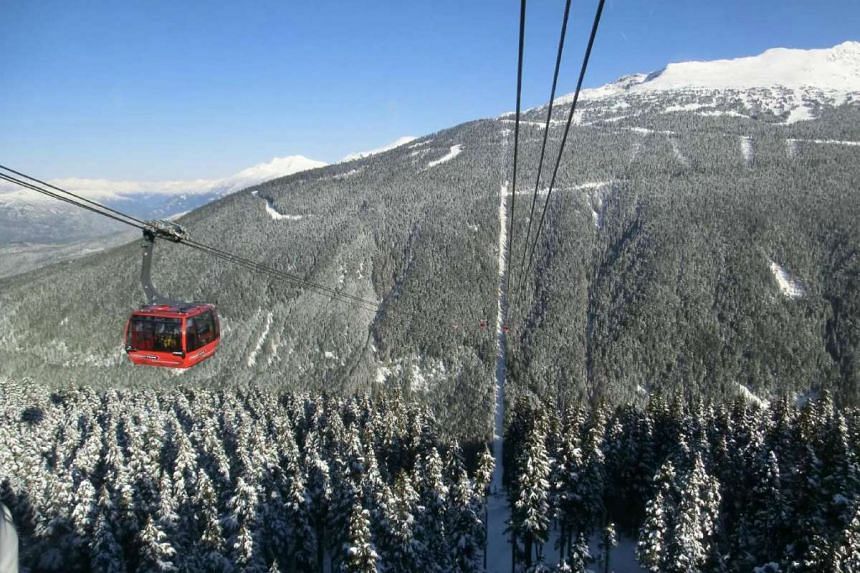
It happened one night in 1994. Ms Marie-Christine Nibagwire was in her pyjamas and at home with her two-year-old daughter and visiting nieces when she got an unexpected visitor - a servant of her sister, who lived just down the road.
He frantically told her that her sister and her family had been killed and armed militia men were coming for her. Before Ms Nibagwire could get everyone ready, the men barged in and lined everyone up. Then, they started shooting.
The family's six servants and her visiting nieces were killed, but Ms Nibagwire and her daughter survived, unscathed. "I fell, with my daughter behind me. I don't remember the feelings I had. I knew I couldn't stay there," said Ms Nibagwire, then 27 and an accountant.
It was the beginning of Rwanda's darkest days, when its Hutu-majority government carried out a genocide against the Tutsi tribe, wiping out 70 per cent of the tribal population, or as many as one million, over a 100-day period.
Thinking her husband was also dead, Ms Nibagwire took her young daughter and ran, passing bodies of neighbours along the way, hiding in bushes and escaping the capital city of Kigali for her home town in the south.
Eventually, she crossed into neighbouring Congo, then Tanzania and finally Kenya, where a family friend took her in for two months.
There, she found a job at the International Committee of the Red Cross, helping Rwandans trace their relatives. She was also reunited with her husband and life regained some normalcy for four years.
But when her daughter turned six, she could not go to school as the family did not have any documents. Ms Nibagwire and her husband made the decision to seek asylum in Canada.
They bought forged documents but were arrested while in transit in London, and decided to apply for asylum in Britain instead.
"Britain was completely alien to me. I didn't know anything about the country," she said.
Thinking her skills might not be transferable, she enrolled in an intensive three-month business course and found a job as a procurement administrator at Eurostar. Free travel on the rail company's lines allowed her to visit other refugees around Europe.
"Some women had been raped. Many had lost their children. They're unable to seek therapy because sex is not something you talk about," said Ms Nibagwire, whose daughter Natalie, now 25, is doing a postgraduate degree at Oxford University. Ms Nibagwire has two other children who were born in Britain.
She took up a mentoring and counselling course, and later became a Christian lay minister when she found that those in faith-based communities tended to do better in coping with their trauma.
In 2001, she quit her job and founded Saferefugerwanda, a charity that helps refugees and survivors of the Rwandan genocide to rebuild their lives.
Five years ago, she also started helping refugees in Kenya and Malawi after visiting camps there and seeing the dire conditions they were in.
"I thought the best thing is to help them generate income. Help them make lives there," said Ms Nibagwire.
She taught young single mothers how to sew and make jewellery, and bought them sewing machines and materials. She also helped them sell their products in Europe.
"I realise the way to stop this migration is to help them in Africa," she said. "African countries are not taking in refugees as they are not getting any help, so (the refugees) are forced to come to Europe."
Tan Dawn Wei
RAAD AND WISSAM HADAYA
IRAQIS IN FRANCE
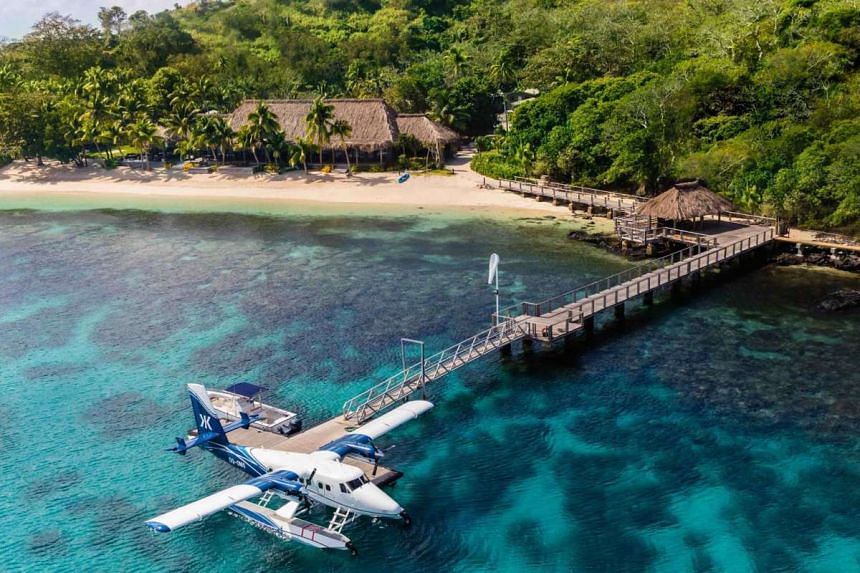
Battling bitterly cold temperatures of minus 15 deg C and glacial winds, 33-year-old Raad and 27-year-old Wissam Hadaya, two Iraqi refugees in France, work tirelessly as volunteers for the Nordic Combined World Cup in Chaux-Neuve, their way of saying "thank you".
"For us, it's an honour. We want to be part of the joys and sorrows of the people who have welcomed us here and it's a way to say thank you to France, to give back a bit of what they give us," explained Mr Raad, one of several members of the Hadaya family who fled their hometown of Qaraqosh. They escaped the northern Iraqi city, home to a large Christian population, at the time of the arrival of the Islamic State in Iraq and Syria, in August 2014.
NOORA ARKAVAZI
IRAQI IN MACEDONIA
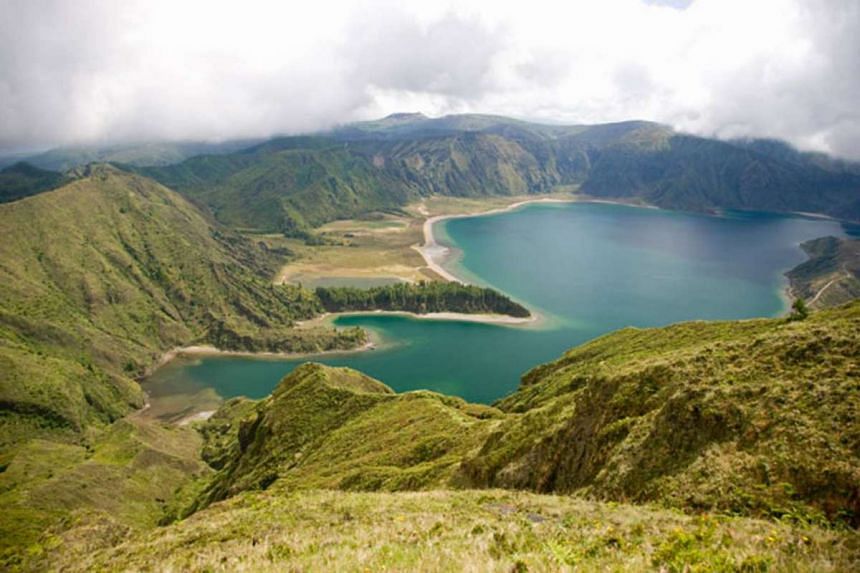
She was a sick Iraqi among a wave of refugees trying to enter Serbia, while he belonged to the stern Macedonian police force keeping guard. But Ms Noora Arkavazi, a 20-year-old Kurdish Muslim, and Orthodox Christian Bobi Dodevski, 35, quickly fell in love after they met at the muddy border in early March - and celebrated their wedding four months later.
Early last year, Ms Noora and her brother, sister and parents abandoned their home and began a long journey west, crossing the border into Turkey, taking a boat to the Greek island of Lesbos and eventually entering Macedonia. "It was destiny," the affable 35-year-old tells AFP in his small apartment in the northern Macedonian town of Kumanovo, where he now lives with his young wife. They live with his three children from previous marriages, and she is expecting their first baby.
TAMEM AL SAKKA
SYRIAN IN GERMANY
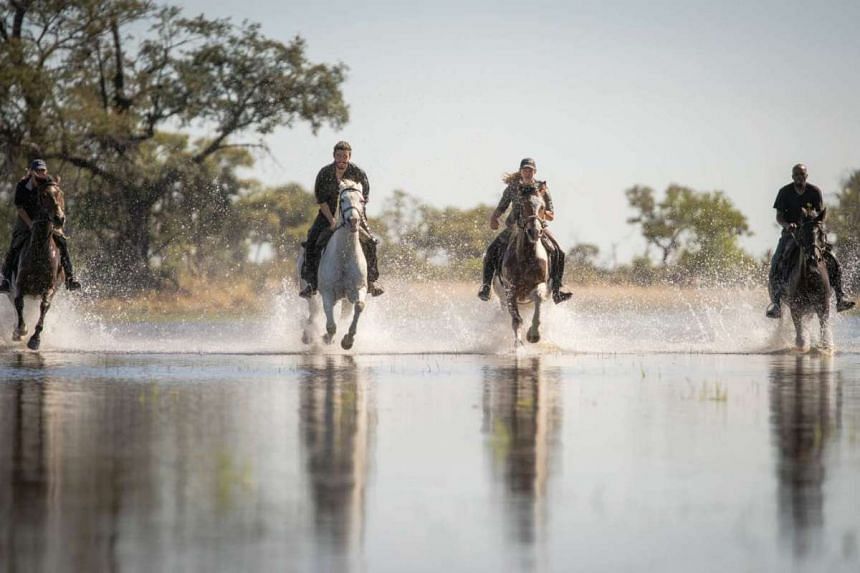
Mr Tamem Al Sakka, 42, is the youngest of three brothers working in his pastry shop, Konditorei Damaskus, in the Neukoeln neighbourhood of Berlin. The exiled pastry chef who ran a big bakery in his war-torn city of Homs in Syria, fled to Germany with his family and set up his business there, where he now employs seven people, mostly Syrian refugees. They made it to Berlin over two years ago with hopes for a better life, like more than 600,000 fellow Syrians who have gained safe haven in Germany. In their flight, all they could carry was the know-how passed down by their father, Mr Suleiman, 83, who founded the Homs pastry shop more than 40 years ago. "At first, my brother said to me, 'Let's not make this dessert, the Germans won't like it; it's too heavy for a pastry," said Mr Tamem. But he was proven wrong and now says Berliners can't get enough of his treats.
SULEYMAN BAZIE AND BARRY MISBAU
AFRICANS IN ITALY

Mr Barry Misbau (right) from the Republic of Guinea and Mr Suleyman Bazie from the Ivory Coast, two migrant volunteers with the Italian Red Cross, worked with other rescue helpers following the Jan 18 avalanche that swept the Hotel Rigopiano in the Abruzzo region. Said Italian Red Cross president Francesco Rocca: "In times of crisis, everyone pulls together - background doesn't matter; it's community that counts."
TALAL RANKOUSSI
SYRIAN IN GREECE

Syrian refugee Talal Rankoussi, 41, was a chef at Bawabet Al Dimashq-Damascus Gate in his country before being forced to flee the dangerous war zone and risk his life crossing the Mediterranean Sea in an attempt to reach Greece and the EU. Bawabet Al Dimashq-Damascus Gate is the largest restaurant in the world as noted by the Guinness Book of Records, as it can seat over 6,000 people. With money donated by a former investment banker, the father of three now runs Cafe Rits in the Ritsona migrant camp located near Athens, providing food for 700 refugees.
Join ST's Telegram channel and get the latest breaking news delivered to you.
A version of this article appeared in the print edition of The Straits Times on January 31, 2017, with the headline Two refugees and their journeys of hope. Subscribe

